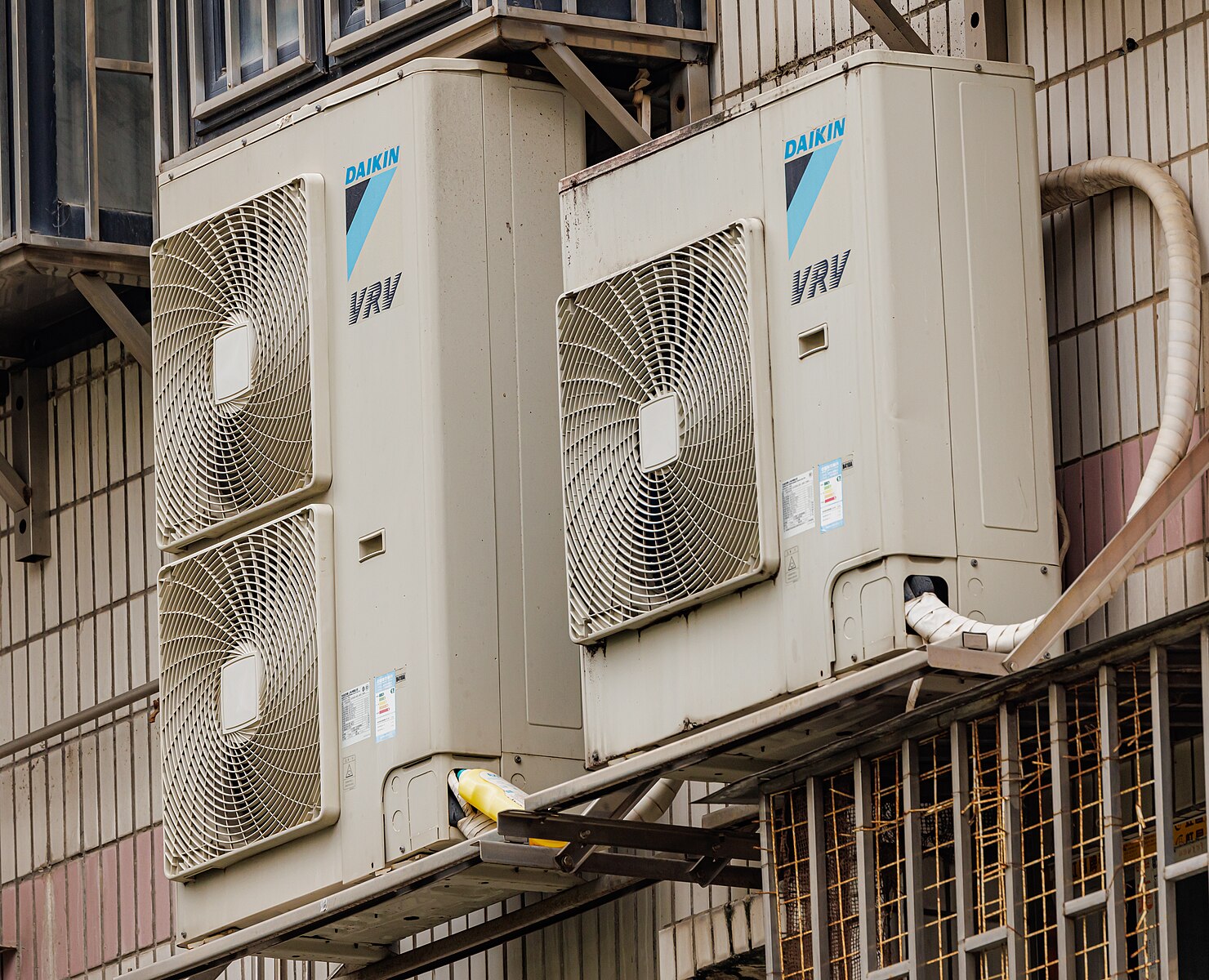In the comparison of Daikin and Fujitsu air conditioners, both brands offer advanced features and technology to enhance performance and convenience. Daikin is known for its advanced inverter technology, which provides precise temperature control and high energy efficiency, often with a 5-star energy rating. Daikin’s inverter technology adjusts the compressor speed according to cooling or heating requirements, resulting in optimal energy usage.
Daikin’s Advanced Inverter Technology
Daikin’s inverter technology is a key differentiator that sets it apart from traditional air conditioners. The inverter compressor adjusts its speed based on the cooling or heating demand, rather than running at a fixed speed. This results in several benefits:
- Precise Temperature Control: The inverter compressor can fine-tune the output to maintain the desired temperature within a tight range, typically within 0.5°C of the set point.
- High Energy Efficiency: Daikin’s inverter technology can achieve energy efficiency ratings of up to 5 stars, leading to significant energy savings compared to non-inverter models.
- Reduced Electricity Consumption: The variable-speed compressor only uses the necessary amount of power to maintain the desired temperature, reducing overall electricity consumption.
- Quieter Operation: Daikin’s inverter technology allows the air conditioner to operate at lower speeds, resulting in quieter operation, often as low as 56 dB(A).
- Faster Cooling/Heating: The inverter compressor can ramp up quickly to reach the desired temperature, providing faster cooling or heating compared to traditional air conditioners.
Fujitsu’s Powerful Cooling Performance
 Image source: Daikin Air Conditioner Outdoor by Dinkun Chen
Image source: Daikin Air Conditioner Outdoor by Dinkun Chen
Fujitsu, on the other hand, is known for its powerful and efficient cooling performance, making it ideal for larger rooms or open-plan living spaces. Fujitsu air conditioners also offer good energy efficiency ratings, with many models achieving a 4- or 5-star energy rating. However, the Coefficient of Performance (COP) may be slightly lower compared to Daikin, which could result in slightly higher energy consumption.
- High Cooling Capacity: Fujitsu air conditioners are designed to provide powerful cooling, often with capacities ranging from 2.5 kW to 10 kW, making them suitable for larger spaces.
- Efficient Cooling: Fujitsu’s advanced compressor technology and heat exchanger design contribute to their efficient cooling performance, with many models achieving 4- or 5-star energy ratings.
- Quiet Operation: Fujitsu air conditioners are designed to operate quietly, with sound power levels as low as 57 dB(A), providing a comfortable indoor environment.
- Advanced Features: Fujitsu air conditioners offer innovative features such as human sensors, automatic airflow adjustment, Wi-Fi connectivity, and smartphone control, enhancing user convenience and comfort.
- Warranty Coverage: Fujitsu offers a 10/10 coil and parts warranty, providing peace of mind for the customer.
Innovative Features Shared by Both Brands
Both Daikin and Fujitsu offer a range of innovative features that enhance the user experience and performance of their air conditioners:
- Human Sensors: These sensors detect the presence of occupants in the room and adjust the airflow and temperature accordingly, optimizing energy usage and comfort.
- Automatic Airflow Adjustment: The air conditioners can automatically adjust the airflow direction and speed to ensure even distribution of cooling or heating throughout the space.
- Wi-Fi Connectivity and Smartphone Control: Users can control and monitor their air conditioners remotely using a smartphone app, providing added convenience and flexibility.
- Intelligent Eye (Daikin): Daikin’s “intelligent eye” feature uses infrared sensors to detect human presence and adjust the temperature accordingly, further enhancing energy efficiency.
Warranty Comparison
When it comes to warranty coverage, there are some differences between Daikin and Fujitsu:
- Daikin Fit System: Comes with a 12/12 parts and coil warranty, providing extended coverage for the customer.
- Fujitsu: Offers a 10/10 coil and parts warranty, which is still a competitive offering in the market.
Acoustical Comfort
Another factor to consider is the sound level of the air conditioners. Both Daikin and Fujitsu have made advancements in this area:
- Daikin Fit System: Can reach sound power levels as low as 56 dB(A), providing excellent acoustical comfort.
- Fujitsu: Achieves sound power levels as low as 57 dB(A), ensuring a quiet indoor environment.
Conclusion
In summary, both Daikin and Fujitsu offer advanced features and technology in their air conditioners, catering to different needs and preferences. Daikin’s advanced inverter technology and high energy efficiency ratings make it a top choice for those seeking precise temperature control and lower energy bills. Fujitsu’s powerful and efficient cooling performance, on the other hand, makes it an excellent option for larger rooms or open-plan living spaces.
Ultimately, the decision between Daikin and Fujitsu will depend on individual requirements, such as the size of the space, desired features, and personal preferences. It is recommended to consult with a professional HVAC installer or technician to determine the best-suited air conditioner for your specific needs.
References:
– Daikin vs Fujitsu: 11 Important Factors to Consider When Buying a New Air Conditioner
– Please help me make a final decision: Daikin vs Fujitsu vs Mitsubishi
– Daikin vs Fujitsu: Which One’s Right for You?
